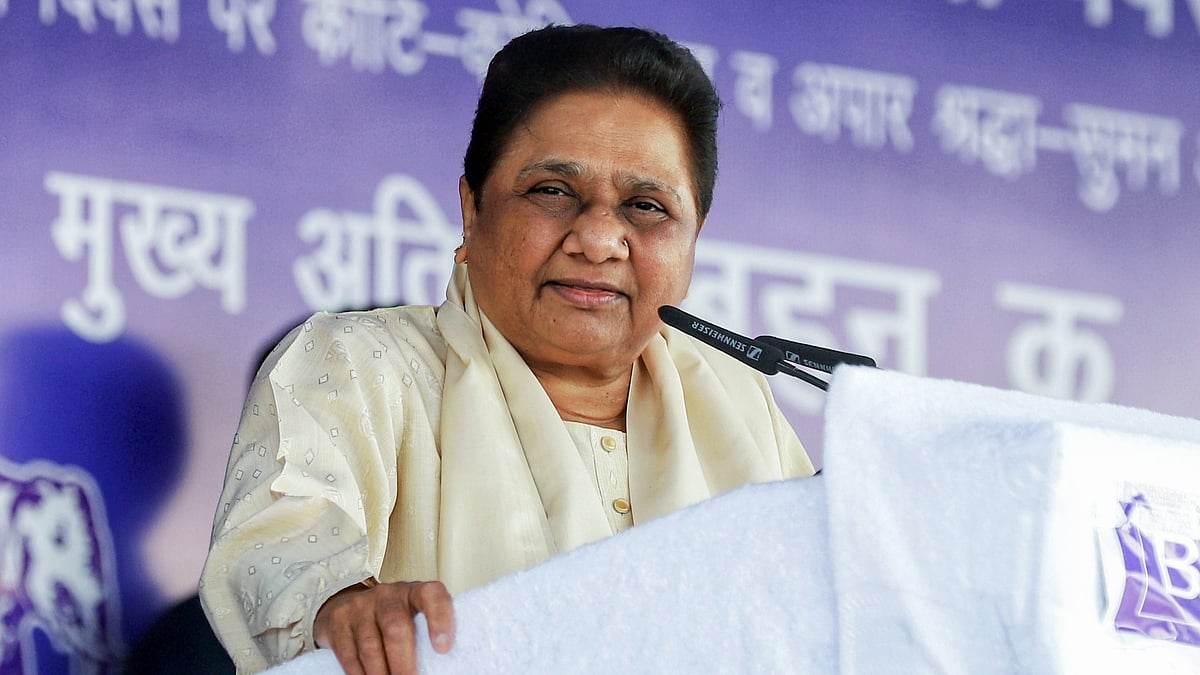While various models have been claiming that 300 million Indians would have coronavirus by April/May end, the death count, infection rate and severity appeared to be lesser in India compared to countries like Italy, USA, UK and Spain.
In an article on immunupaedia.org.za, two scientists – Narinder Mehra and Gaurav Sharma – wondered if the Indian population had an intrinsic immunity to COVID-19.
While the former is an ICMR Emeritus Scientist, former National chair and Ex-Dean AIIMS, the latter is from the Department of Translational and Regenerative medicine PGIMER, Chandigarh.
Before we proceed further, it would be prudent to point out that not only does India have one of the strictest lockdowns around, there are still enough question marks over India’s labelling of cause of deaths, even without the coronavirus pandemic. India has also tested less than other countries and some states have even been apprehensive about stating COVID-19 as cause of death.
Noting the lower positive cases with a rate of 4.6% (compared to 20% in European and US hotspots), the article pondered over the various reasons for low spread and mortality amongst Indians.
It offered three factors – broad-based immunity, environmental and food habits, and finally genetic diversity.
1) Broad-based immunity and vaccination
Indians, like Africans have been exposed to a host of killers like tuberculosis, HIV and malaria. Combined with universal use of BCG vaccine since the late 40s it may have, in the authors’ words’ provided a ‘boost to develop robust innate and adaptative immunity against infectious agents that could include the COVID-19 virus’.
It must be noted that both chloroquine and hydroxychloroquine are extensively used drugs in India, which too could be the reason behind the boost.
2) Environment and food habits
The second states that Indians have long been using turmeric and other spices which have antioxidant, anti-inflammatory and wound-healing properties. Several Ayurvedic studies point to this. Along with that, the Indian subcontinent is supremely diverse in geography with varying climactic conditions across regions which combine to have what the authors call ‘epigenetic, environmental and lifestyle-related factors which could influence unexplored immunity against COVID-19’.
3) Genetic Diversity
Because of the unique nature of the Indian subcontinent, it has played host to a variety of races and people, resulting in extensive HLA diversity among the Indian population. For the uninitiated, HLA or the human leukocyte antigen system is a gene complex encoding the major histocompatibility complex (MHC) proteins in humans, which are responsible for regulation of the immune system.

The piece notes that Indians have extensive HLA diversity with several ‘novel alleles’ and ‘unique haplotypes’. It further states we have molecular sub-types which exist among other ethnicities including Caucasians, Africans, Orientals et al. It states: “Several of these could have occurred due to the prevailing microbial load and as a consequence of the racial admixture experienced in the Indian sub-continent for centuries.”
Things could get become far worse when the lockdown is lifted, but as of now, Indians can perhaps hope that our unique mix of habits, genetics and environment could control a disease that has besieged the world











